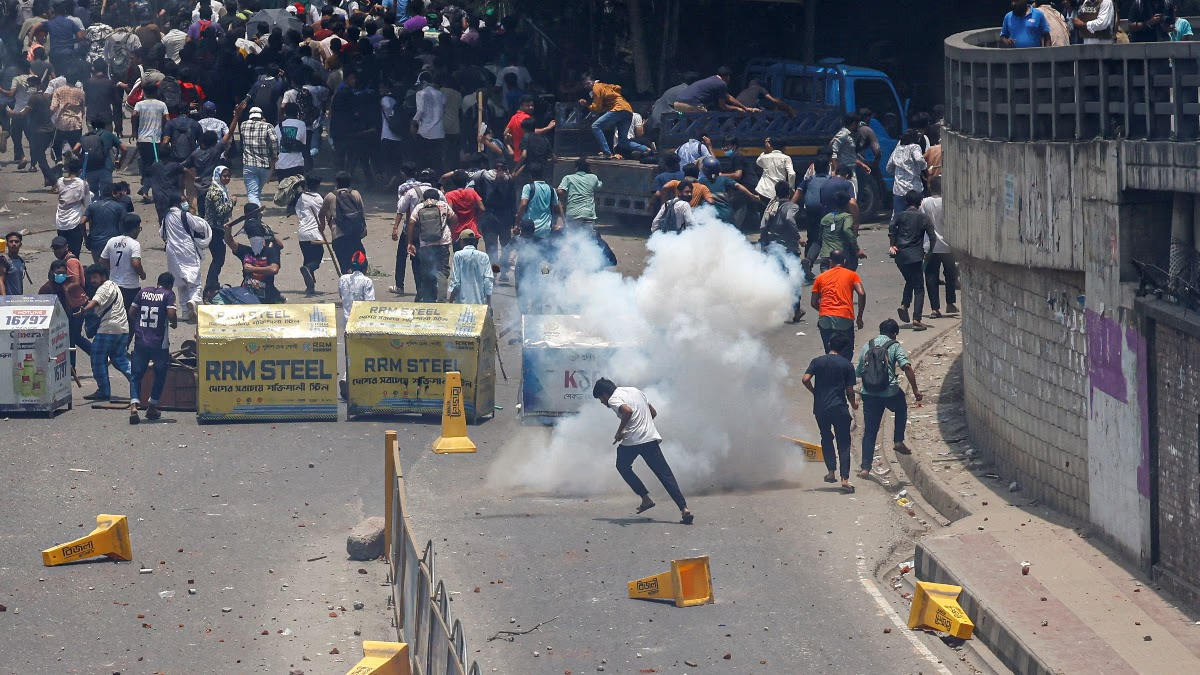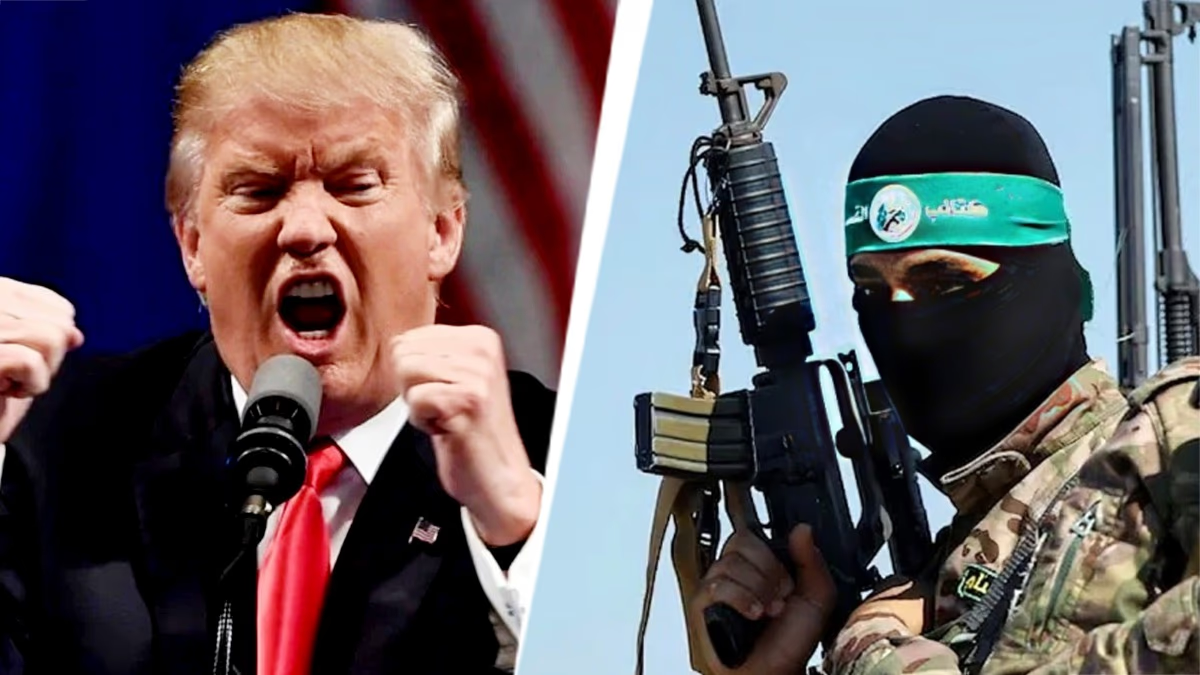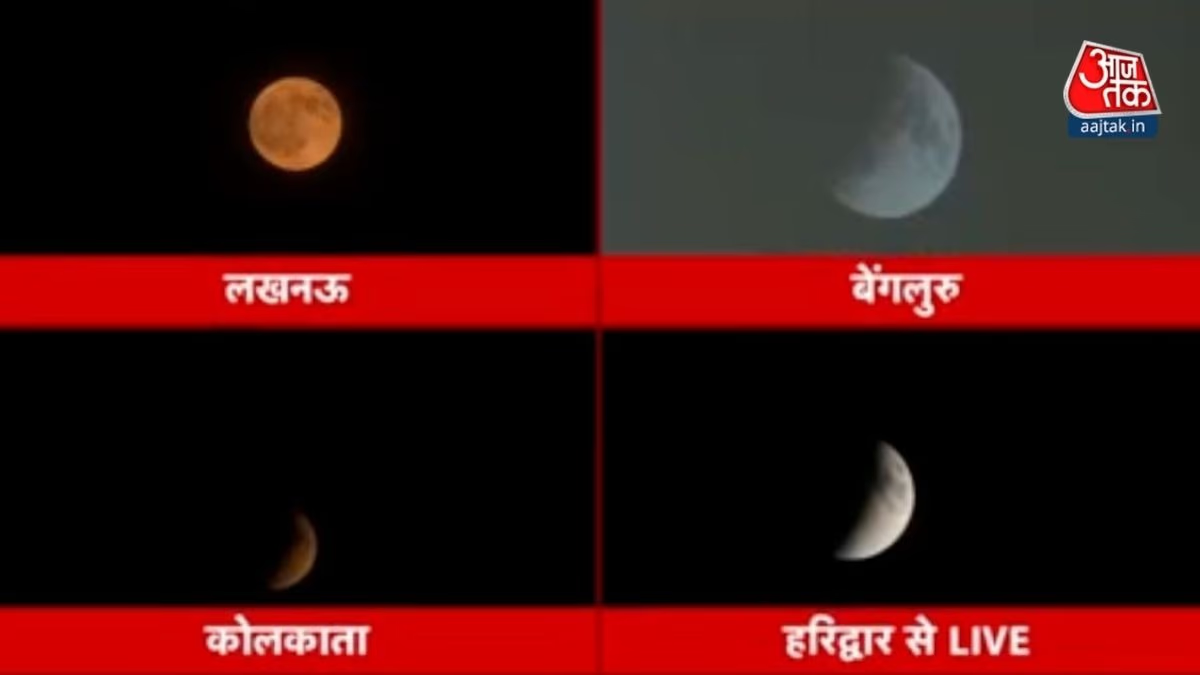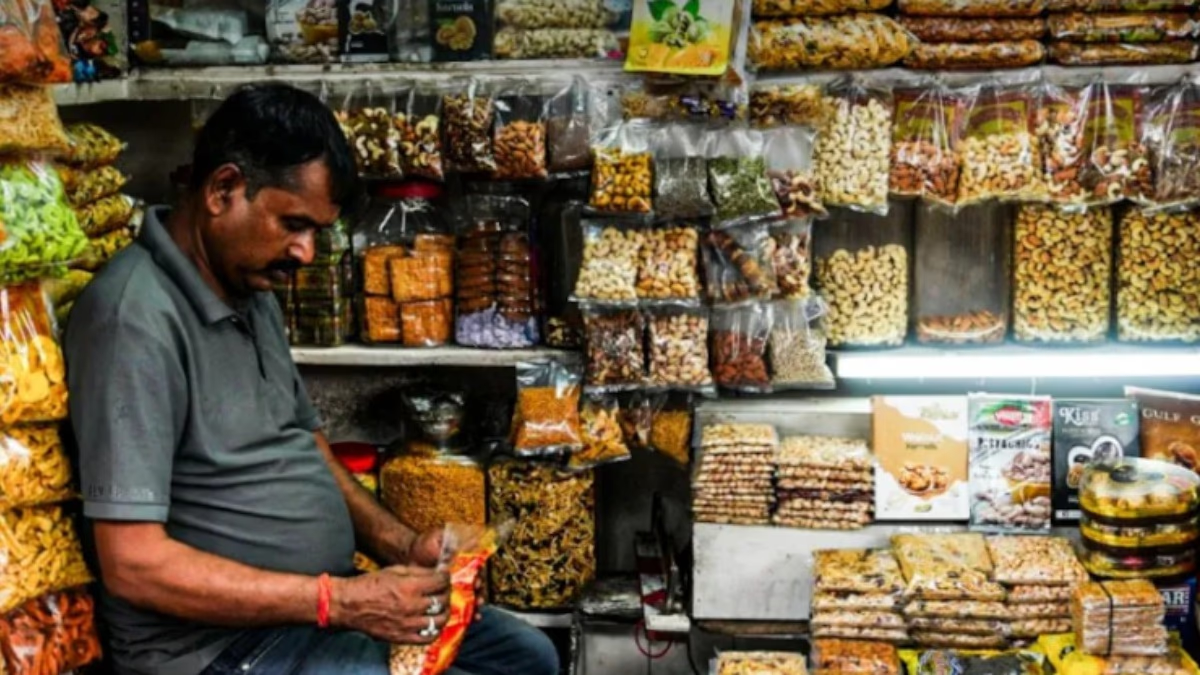The situation in Bangladesh is currently unstable. Students are staging violent protests demanding an end to the quota system in government jobs. A nationwide curfew has been enforced to control the situation. As a result, around 1,000 Indian students have returned from Bangladesh. It is reported that over 115 people have lost their lives in these violent clashes so far.
For 36 students studying at Brahmanbaria Medical College, located near the Bangladesh border adjoining Tripura, BSF has emerged as a savior. On the morning of July 20, Piyush Purushottam Patel, Inspector General of the Tripura Frontier, received a call from the parents of an Indian student studying at Brahmanbaria Medical College in Bangladesh. They informed him about the dire conditions the Indian students were facing there, adding that it was difficult to ascertain their well-being due to the lack of internet and mobile networks.
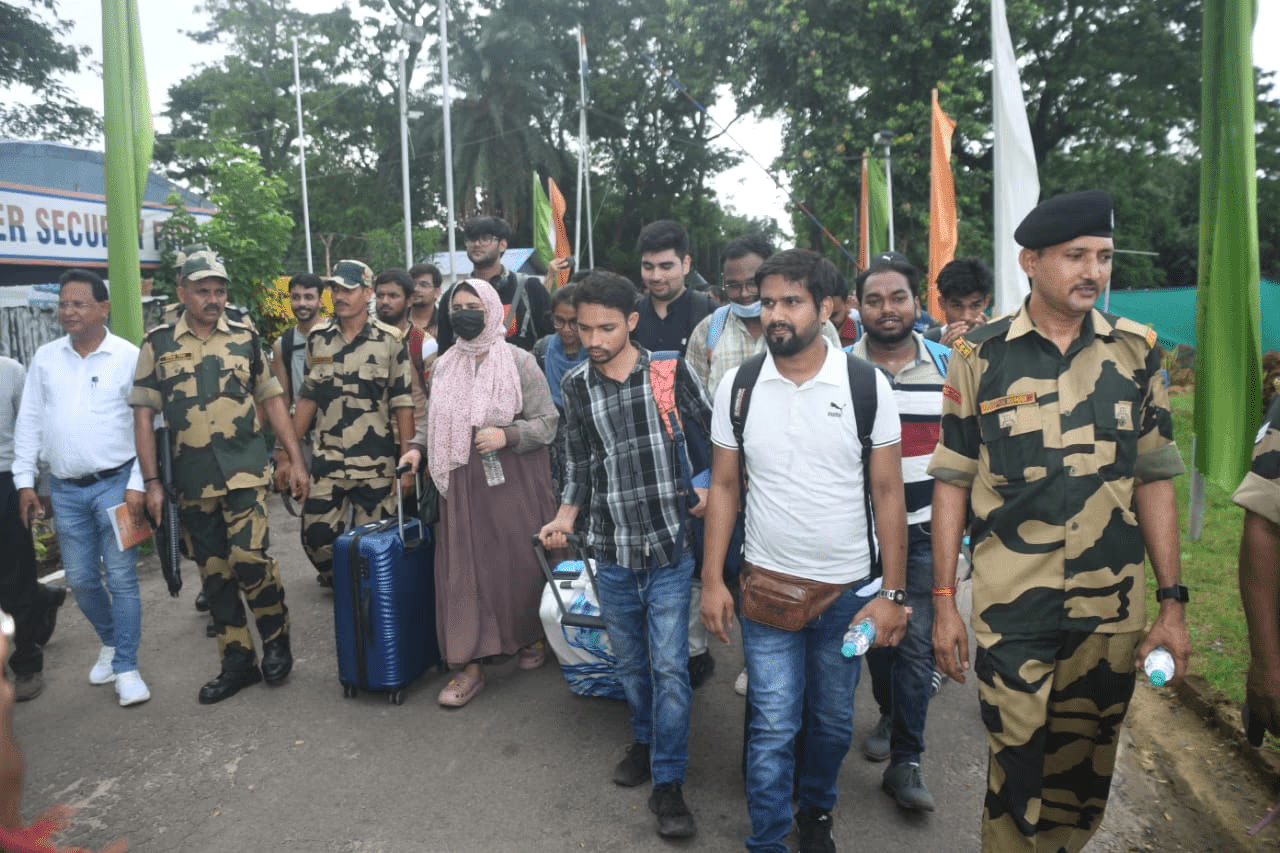
Source: aajtak
IG BSF contacted the Border Guards Bangladesh (BGB) sector commander in Comilla to activate communication channels between the two border security forces. Subsequently, a well-coordinated operation was executed by BSF and BGB. BGB ensured safe passage for the students up to the BOP Akhaura border, and then BSF took care of the students. They were provided with food at the border, and later transported to their destinations in BSF vehicles.
India has termed these violent protests as an internal matter of Bangladesh. In his weekly media briefing, Foreign Ministry spokesperson Randhir Jaiswal stated that the 15,000 Indians residing in the neighboring country, including around 8,500 students, are safe. He added that the Foreign Ministry is closely monitoring the situation. The Indian High Commission in Dhaka is coordinating with local authorities to ensure adequate security for Indian students wishing to return to their homeland. By Saturday, over 1,000 Indians, including 978 students, had returned from Bangladesh through air and land routes.
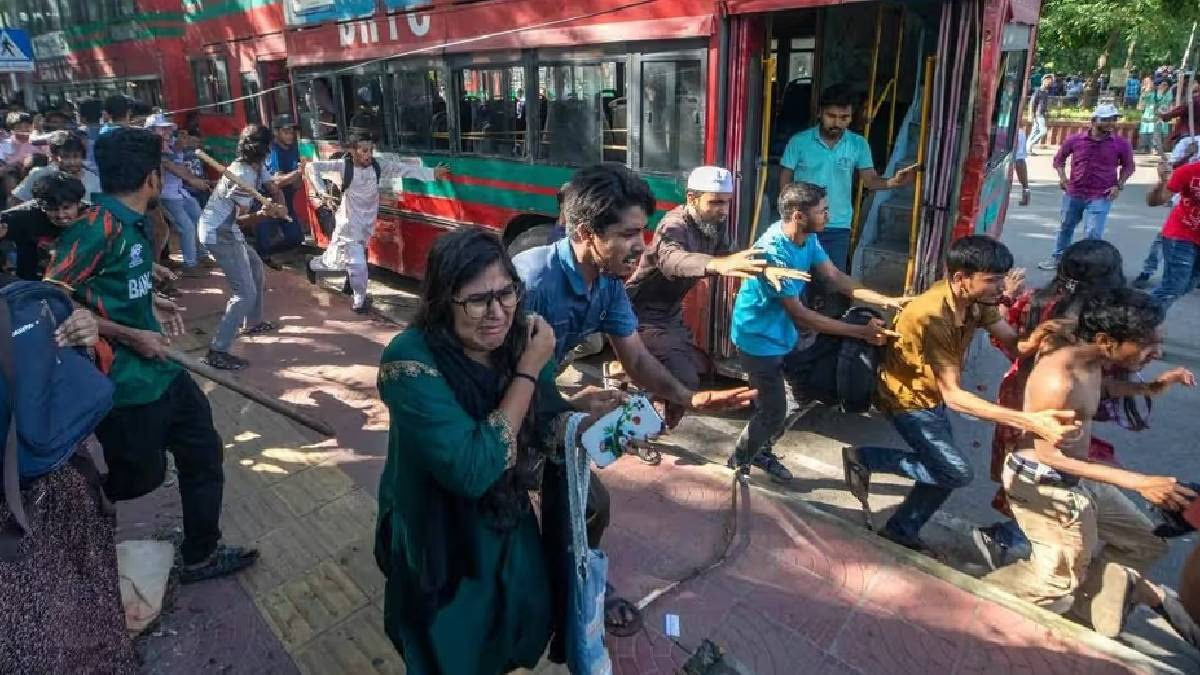
Source: aajtak
The Indian High Commission has also assisted in the return of 13 Nepalese students. The Foreign Ministry spokesperson stated, 'As you know, protests are ongoing in Bangladesh. We consider this an internal matter of the country. Foreign Minister S. Jaishankar is closely monitoring the situation regarding the safety of Indians.' The crossings at Benapole-Petrapole and Gede-Darshana on the India-Bangladesh border in West Bengal, as well as the Akhaura-Agartala crossing in Tripura, will remain open for the return of students and Indian citizens. The Indian High Commission, in coordination with BSF and the Bureau of Immigration, is facilitating the return of Indian students from Bangladesh.
Why Are Protests Happening in Bangladesh?
Students in Bangladesh are demanding an end to the job reservation system. Currently, 56 percent of government jobs are reserved under the quota system. Of these, 30 percent are reserved for descendants of freedom fighters from the 1971 Liberation War, 10 percent for backward administrative districts, 10 percent for women, five percent for ethnic minority groups, and one percent for disabled individuals. The movement is primarily against the 30 percent reservation for descendants of freedom fighters. Each year, around 3,000 government jobs are available in Bangladesh, for which approximately 400,000 candidates apply.
